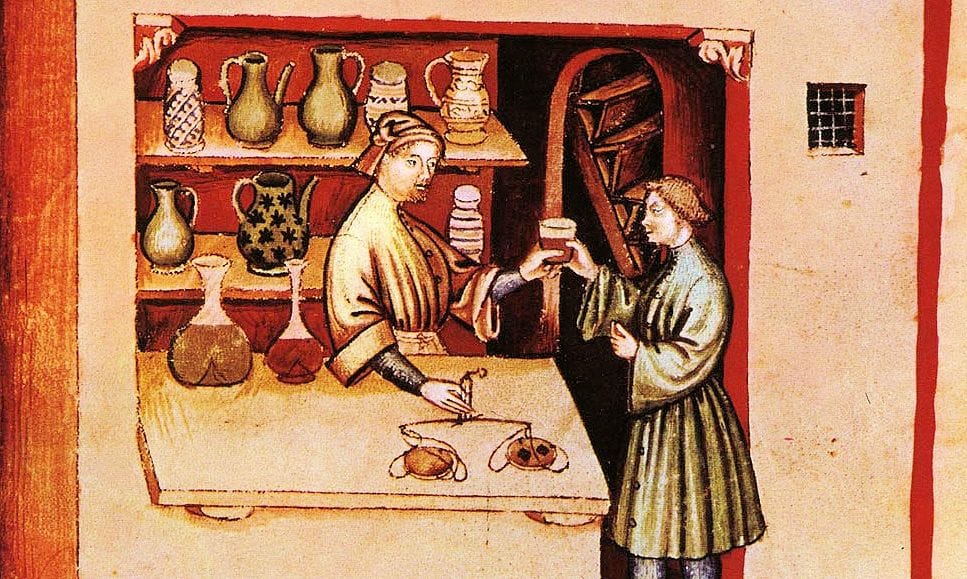Frezza non tace sulla correlazione con chiusure di stabilimenti, massicce riduzioni di personale, conflitti di cultura, demotivazione dei dipendenti, perdita di brand equity nonché di talenti ed expertise. Edito da AboutBooks, il libro “Business, Scienza e Farmaci. L’industria del farmaco” di Leonardo Frezza descrive nero su bianco i principali eventi che hanno impattato sulla nascita e lo sviluppo e le tante transizioni attraversate dal mondo del pharma.
Of Stephen DiMarzio – 3 agosto 2015 – ABOUTPHARMA
c
The latest work is not just an agile overview that leads straight from the beginning to new business models. Divided into four parts, one of which is entirely dedicated to Italian industry, the book fixes in black and white the events that have had the greatest impact on the birth and development of the pharma world and on the interrelationships with society and other neighboring industrial sectors. Vaccines, the "random" discovery of antibiotics, the birth of the first Western health systems, the war events that prepare the "Wonder Drug Era", the autarchy imposed by Fascism which in some way will herald certain future "imitative" behaviors of Italian companies. In "Business, Science and Medicines" there is much more, including apparent minor episodes, such as the insights on the antimicrobial power of molds by the Italians, Cantari and Tiberio, well before Fleming, Florey and Chain won us a Nobel, also relying on the robust support of Pfizer, Merck and Squibb.
And what stage is the world pharmaceutical industry in now? “On the one hand, there is the transition induced by biotechnologies and specialty products that lead to personalized medicine. On the other hand, it is conditioned by the financial phenomenon of mergers & acquisitions which leads to the concentration of big players and a change in the business model”. Already the concentrations. Frezza is not silent on the correlation with plant closures, massive personnel reductions, culture conflicts, employee demotivation, loss of brand equity as well as talent and expertise. But he warns: “In the concentrations there is no loss of knowledge, which is preserved and increased. The change in business model has, if anything, led to the emergence of another predominantly outsourced industry. Think of how much work went to the Contract Manufacturing Organizations (CMOs) and how much of the clinical research went to the Cros. The organization of the pharma industry today is very different. Know-how, strategic coordination of R&D, control of technical operations/supply, focus on marketing & sales activities in the various geographies, remain in the corporate organization. While much of the world of research and development, production and services rotates in outsourcing”.
What about finance? It seems to govern M&A and dictate alliances. “This may concern listed companies, which look at the value of the share: even mergers are seen from the point of view of the value generated for investors. In biotech companies, on the other hand, an acquisition is made by looking first at the pipeline, at the value of the product itself”.
The author is particularly active in Executive Search through Frezza & Partners Srl, with a specificity in the Healthcare sector. He comes from associative and corporate experiences (Farmindustria, Recordati, Pfizer) and has already written other books for Il Sole24 Ore: "Farmaci e Imprese" (1994), "Alla ricerca del Farmaco" (1997), "Industria Farmaceutica e Management" ( 2005), "Careers" (2008), "Stories of Biotech" (2011).
The book is for sale at this links and in major online bookstores
